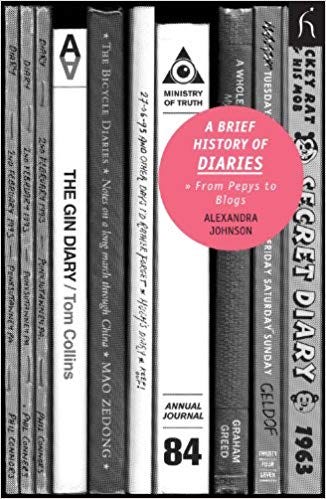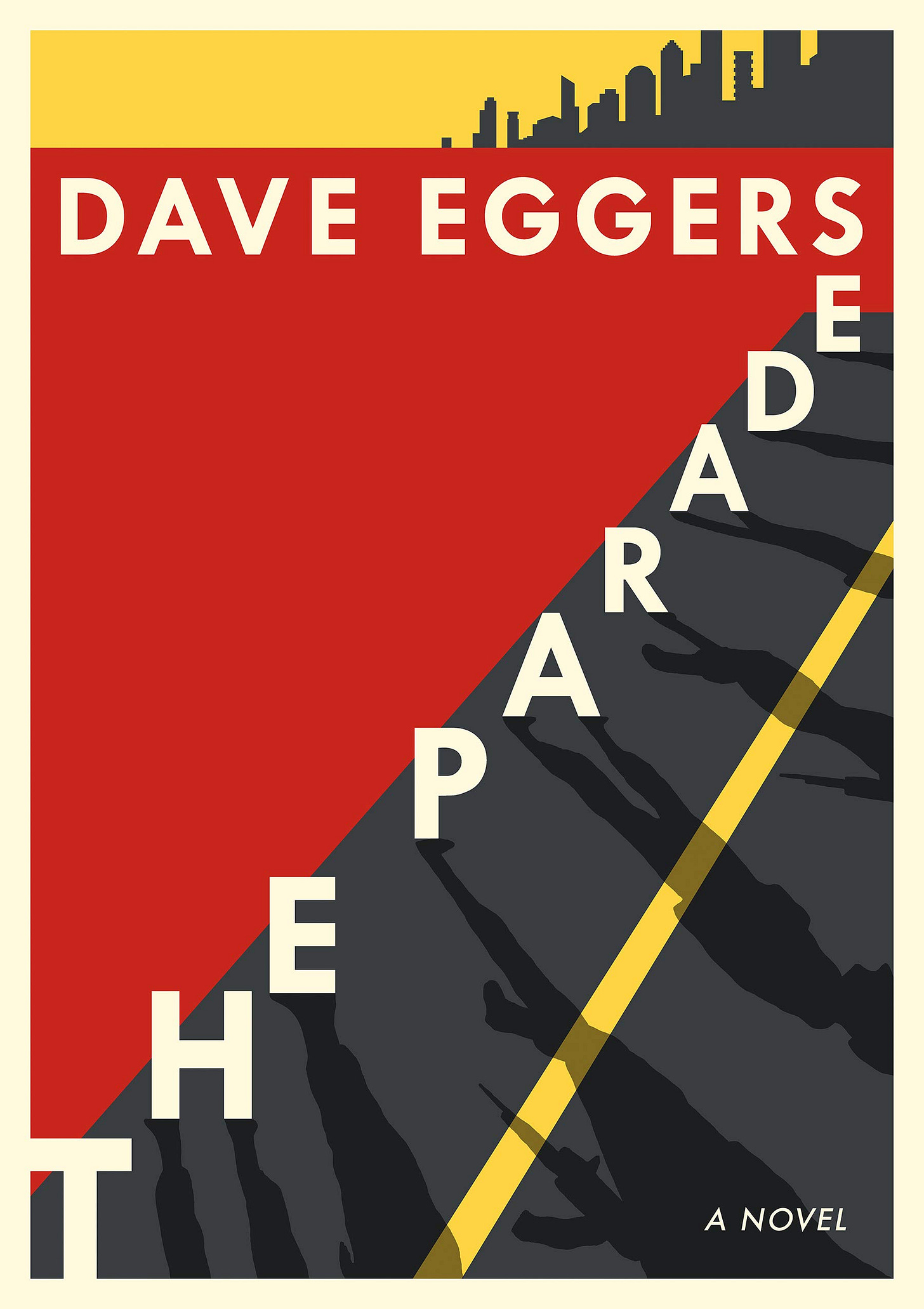What I'm Reading (No. 70): journals and new Dave Eggers
This week I finished a short but absorbing account of the history of journal-keeping. Inspired me to reinvigorate my own mostly irregular journaling. I also finished up Dave Eggers' new novel, which reads more like a fable and is rather memorable.
Let's get right to it.
A Brief History of Diaries: From Pepys to Blogs by Alexandra Johnson

I've long been an inconsistent journaler. I suppose it's the writer in me that feels a compulsion to put things down on paper. And as long as blogging has been around, I've been a part of it—from LiveJournal meanderings to my full-time job with Art of Manliness for the last 6+ years.
Turns out that keeping a journal (or diary—Johnson uses the terms interchangeably) is nearly as old as the practice of writing itself. In just over 100 pages, Johnson walks us through that history, highlighting famed diarists and their work, and more importantly, the various purposes those journals have served for both keeper and later readers.
I really enjoyed the organization of the book; Johnson divided it up into categories that are somewhat chronological (though not strictly so): travelers and explorers, writers and artists, war diaries, and finally bloggers and diaries of the social media variety. It was a fun way to explore journaling through the centuries.
There's Samuel Pepys—the diarist you've probably never heard of, but is famous for keeping an extensive daily account of 17th century London over the course of about a decade. His journal was one the first to be made widely available to readers, and his life was so interesting that there are now numerous books about Pepys and his times.
There are the transcendentalists of the 1800s, namely Emerson and Thoreau, whose journals led to some of America's most important works of literature, including, most famously, Walden—a work that I'm embarrassed to admit I haven't read yet.
There's Anne Frank, whose teenage diary during the Holocaust has become the most consumed work of the genre (even if it's required reading in many cases), opening the eyes of generations of young people to the realities and atrocities of Hitler.
Johnson also includes a wonderful reading list of the best and most influential published journals/diaries, from which I added a number of titles to my own TBR (To Be Read). I've not read many journals, but I'm now looking forward to reading more.
While certainly not everyone's cup of tea, if you're a journaler yourself or just enjoy the voyeurism of reading other people's, this is a great little book.
Have you read any journals/diaries that you've particularly enjoyed? I'd love to get your recommendations.
The Parade by Dave Eggers

I love Dave Eggers, and eagerly read every new release. His last book, The Monk of Mokha, was excellent (read my review here). As noted above, this new novel is memorable, though perhaps more for its starkness and surprising ending than its enjoyability.
Two men, simply called Four and Nine (no reason to get personal here), are foreign contractors in an unnamed war-ravaged country. They're paving a road that will connect what equates to America's North and South after our Civil War. Four is a straight-laced, Type A guy who just wants to pave the road and get the hell out of there. No interacting with the locals, no eating the local food, no deviating from the plan.
Nine is just about the polar opposite. His flowing locks are always in his face, he's not much for doing work, and is quickly entranced by the local culture. It's very much an Odd Couple scenario, played out to the extreme. Four and Nine are caricatures of their traits.
And that's about it. Four and Nine have a road to pave—one of them is eager to get it done; the other is not. Eventually, there's some consequences for their actions, and neither character comes out the other side looking all that admirable, or all that deplorable.
I like Eggers' writing style enough to have fully appreciated that part of it, but the story itself didn't do a whole lot for me. It was enjoyable at first, but quickly became a thin tale that didn't offer back story or personality or . . . fullness. I still love the guy. And I'll still snag the next book as fast as I can. But this one is a pass for me. The only stipulation is that if you like Eggers, it's worth reading—especially given the minimal time investment required.
That's all for me this week. Let me know what you've been reading; I'd love to hear. As always, thank you for your time and inbox space. It means a lot to me.
-Jeremy
P.S. I'm almost to 1,000 subscribers, and I'd love to get there in the next couple weeks. Please pass this email along if you enjoy it. Here's the link to subscribe.
